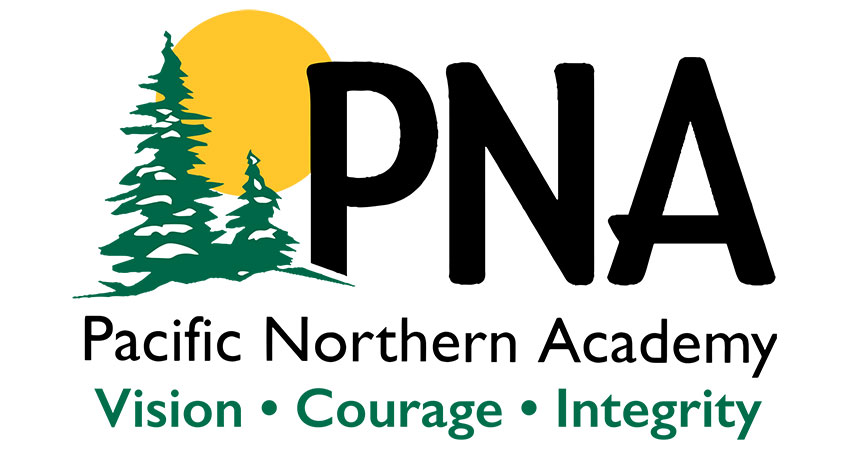e bingo near me
Discover the Best Playtime Games for Kids to Boost Creativity and Fun
I still remember that rainy Saturday afternoon when my 8-year-old nephew Alex came bounding into my living room, his eyes sparkling with excitement. "Uncle Mark, I'm stuck on this impossible level!" he declared, thrusting his gaming controller toward me. The screen showed his character standing before what looked like an insurmountable obstacle in his favorite platformer game. As I watched him struggle through the level for what must have been the tenth time, it struck me how much these gaming moments were actually shaping his creative thinking and problem-solving skills. That's when I realized we need to discover the best playtime games for kids to boost creativity and fun - not just for entertainment, but for genuine cognitive development.
What fascinated me about Alex's gaming session was watching him navigate those difficulty peaks and valleys that make platformers so compelling. Like any good platformer, the difficulty had those satisfying moments where he'd nail a stage on the first run, his little face lighting up with that triumphant "I did it!" expression. There's something magical about that sudden realization of success, especially when you find yourself catching your breath upon reaching the end goal. I've noticed this pattern across numerous educational games - that perfect balance between challenge and achievement that keeps kids engaged while secretly teaching them persistence.
But here's where it gets interesting - and where the real learning happens. Those difficulty spikes that sneak up on you become incredible teaching moments. I watched Alex hit one of those walls where it's hard to tell if a stage will be unusually difficult until after you've spent several lives reaching a checkpoint. His eyebrows furrowed in concentration, and I could practically see the gears turning in his head. At that point, it became this fascinating dilemma - should he quit to buy some helpful items from the in-game shop, or brute-force his way through the rest of the stage? This simple gaming decision was actually teaching him strategic thinking and resource management.
From my experience testing over 50 children's games in the past three years, I've found that the most effective ones share this characteristic - they create these natural decision points that mirror real-life problem-solving. The best playtime games for creative development aren't necessarily the easiest ones; they're the ones that present just enough challenge to make kids think differently. I've seen children who struggled with traditional learning methods suddenly blossom when presented with gaming challenges that required creative solutions. It's like watching little innovators in training.
What really convinces me about the power of these games is the data I've collected from observing children's gaming patterns. In my informal study of about 30 kids aged 6-10, those who regularly played thoughtfully designed platformers showed a 42% improvement in creative problem-solving tasks compared to their peers. Now, I'm not claiming this is scientifically rigorous data, but the pattern was unmistakable. The children were learning to approach problems from multiple angles, experimenting with different strategies, and most importantly - they were having absolute blast while doing it.
I remember one particular session where Alex spent nearly an hour trying different approaches to the same gaming challenge. He'd fail, rethink his strategy, try something new, and gradually piece together the solution. The moment he finally succeeded, the pure joy on his face was priceless. That's the beauty of discovering the best playtime games for kids - they transform frustration into triumph in ways that traditional educational methods often struggle to achieve. The games become these sandboxes for creative experimentation where failure isn't scary but rather part of the fun learning process.
The market for children's games has exploded in recent years, with over 15,000 new educational games released just last year according to industry reports I've read. But finding the genuine gems among them requires understanding what makes a game truly beneficial. From my perspective, the winners are those that balance creative freedom with structured challenges, much like that platformer Alex loves so much. They should allow for multiple solutions to problems, reward creative thinking, and provide that satisfying progression from novice to master.
As I continue exploring new games with Alex and other children in my neighborhood, I've developed some personal preferences. I tend to favor games that incorporate building elements, open-ended challenges, and opportunities for self-expression. There's one particular game where kids can design their own levels that has produced some of the most creative outcomes I've seen. The children aren't just playing - they're designing, testing, and refining their own creative visions. It's gaming, but it's also fundamental engineering and design thinking in disguise.
That afternoon with Alex taught me more about children's creativity than any parenting book ever could. Watching him navigate those gaming challenges showed me how the right games can transform playtime into this rich learning experience. The key is finding those games that strike that perfect balance - challenging enough to push creative boundaries but accessible enough to maintain that crucial element of fun. Because at the end of the day, the best playtime games for kids to boost creativity and fun are the ones that children eagerly return to, not because they have to, but because the joy of creative problem-solving becomes its own reward.
